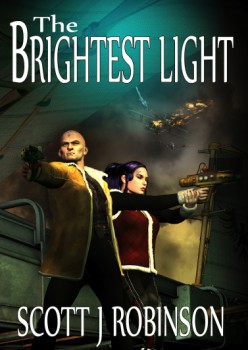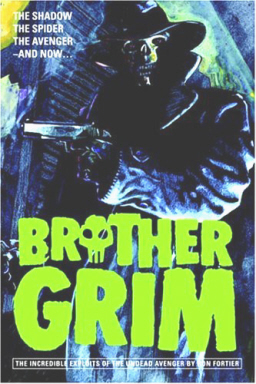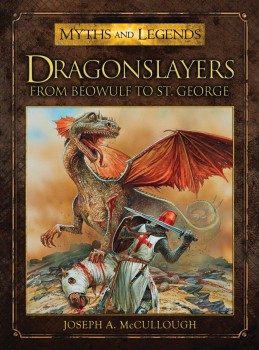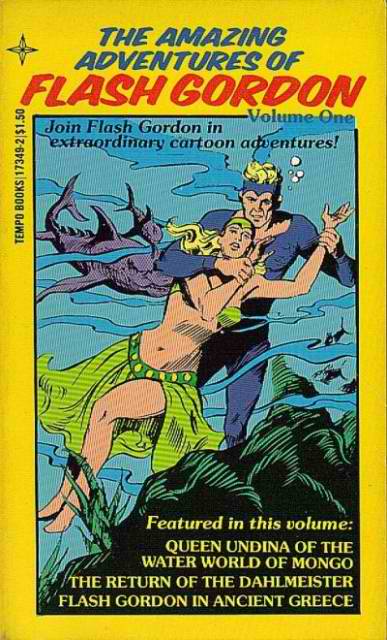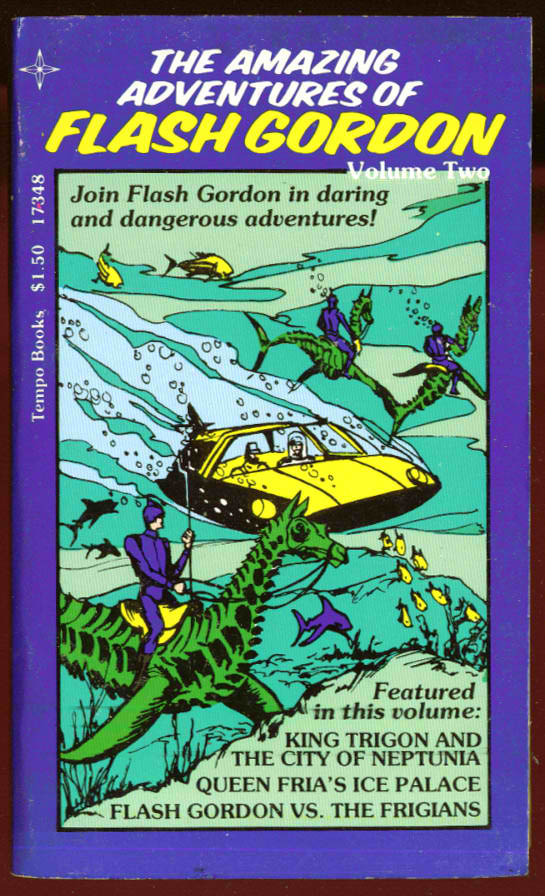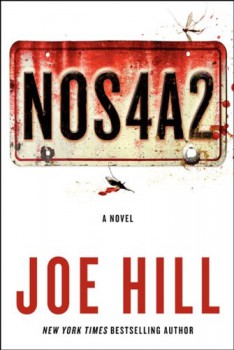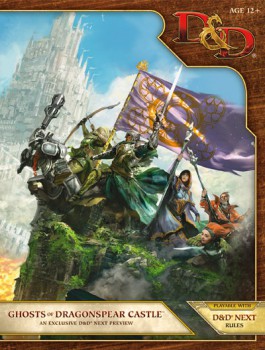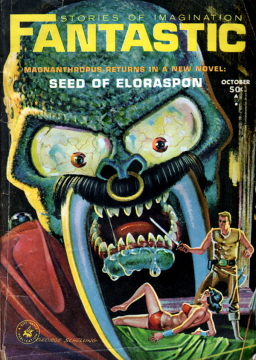Joyce Carol Oates’ Gothic Quintet, Part V: The Accursed
 Last October, I looked at the four books of Joyce Carol Oates’ Gothic Quintet that had been published up to that point. I wrote about them in publication order, starting with Bellefleur, from 1980, a novel I thought truly brilliant. I had a slightly more ambiguous reaction to 1982’s A Bloodsmoor Romance, which might have been a function of my being less familiar with the books that had inspired it. At any rate, I was considerably more impressed with 1984’s Mysteries of Winterthurn and thought 1998’s My Heart Laid Bare a successful conclusion to the sequence. If ‘conclusion’ is the appropriate word. Earlier this spring, Oates’ fifth gothic was published, as though the sequence was returning to unlife after being laid to rest.
Last October, I looked at the four books of Joyce Carol Oates’ Gothic Quintet that had been published up to that point. I wrote about them in publication order, starting with Bellefleur, from 1980, a novel I thought truly brilliant. I had a slightly more ambiguous reaction to 1982’s A Bloodsmoor Romance, which might have been a function of my being less familiar with the books that had inspired it. At any rate, I was considerably more impressed with 1984’s Mysteries of Winterthurn and thought 1998’s My Heart Laid Bare a successful conclusion to the sequence. If ‘conclusion’ is the appropriate word. Earlier this spring, Oates’ fifth gothic was published, as though the sequence was returning to unlife after being laid to rest.
In fact, Oates wrote all five books in the early 80s, but only published three at the time. My Heart Laid Bare, the fourth, was published a decade and a half later. Now, a decade and a half after that, The Accursed has finally been published. It was the third book written, and so can be viewed as either a belated conclusion to the sequence or else as a kind of keystone to the gothic arch of the whole series. I tend to prefer the latter. My Heart Laid Bare seemed to move away from the Gothic toward a more purely ironic, though not wholly mimetic, form of storytelling. The Accursed is in keeping with the earlier books of the series, not without irony itself, but also filled with the sublime and seemingly supernatural. I found it clarified and extended themes and imagery of all five books, resonating and completing the overall sequence.
Given the structural complexity of each individual book, the way they build themselves up almost as jigsaw puzzles, and particularly given Oates’ choice in The Accursed to withhold the final puzzle-piece of plot until the final chapter, there’s something appropriate about the publication order of the books. The Accursed may after all be best read as the final book of the five. As such, it’s a bravura conclusion, every bit as dense with meaning and as extravagantly well-written as its predecessors. And as intricate, every image linking to each other and to the core themes of the book. But it also comes to seem that the five books replicate as a whole their individual structures: the themes build, and the plot follows.
